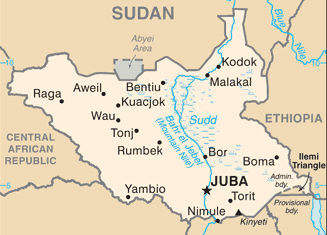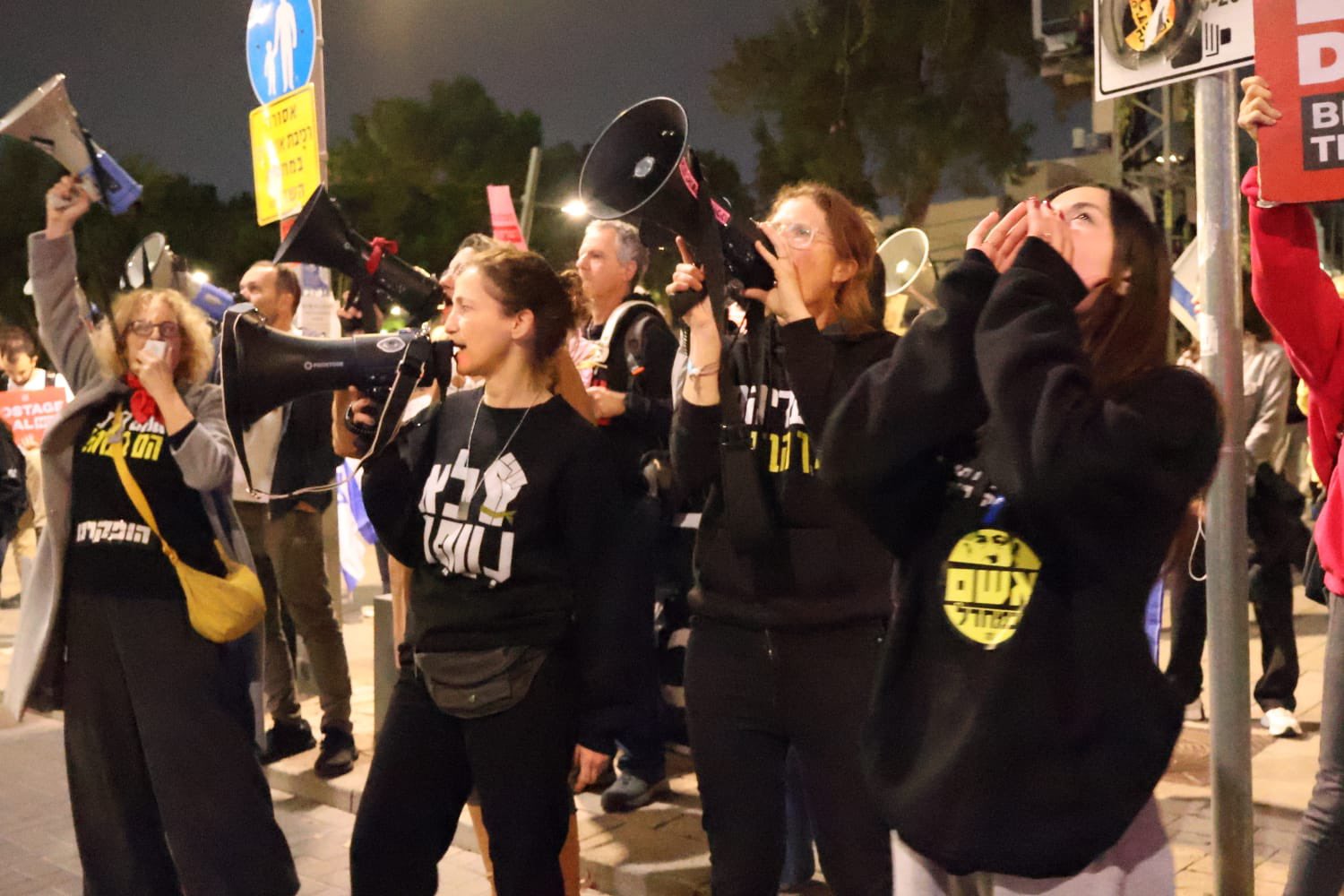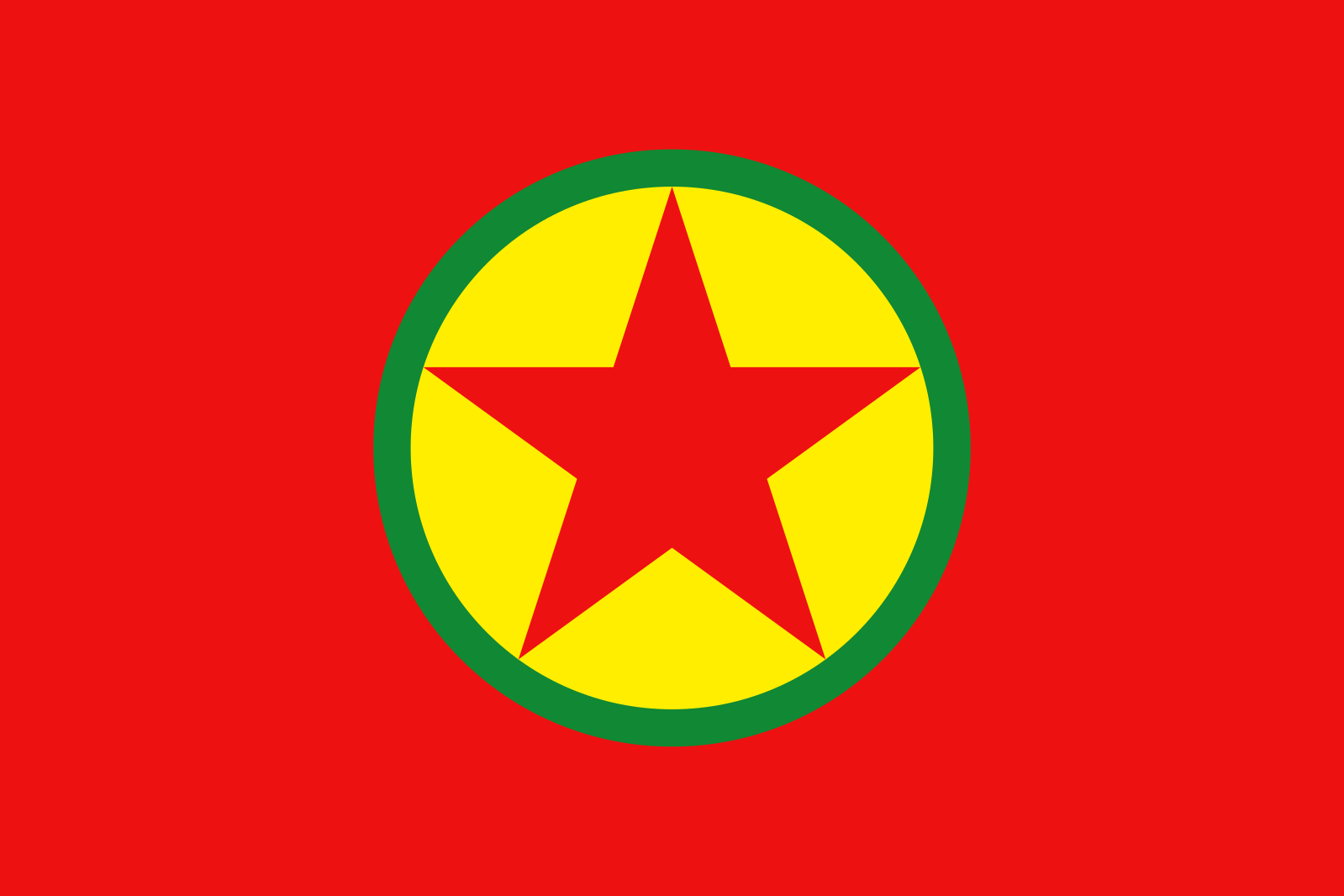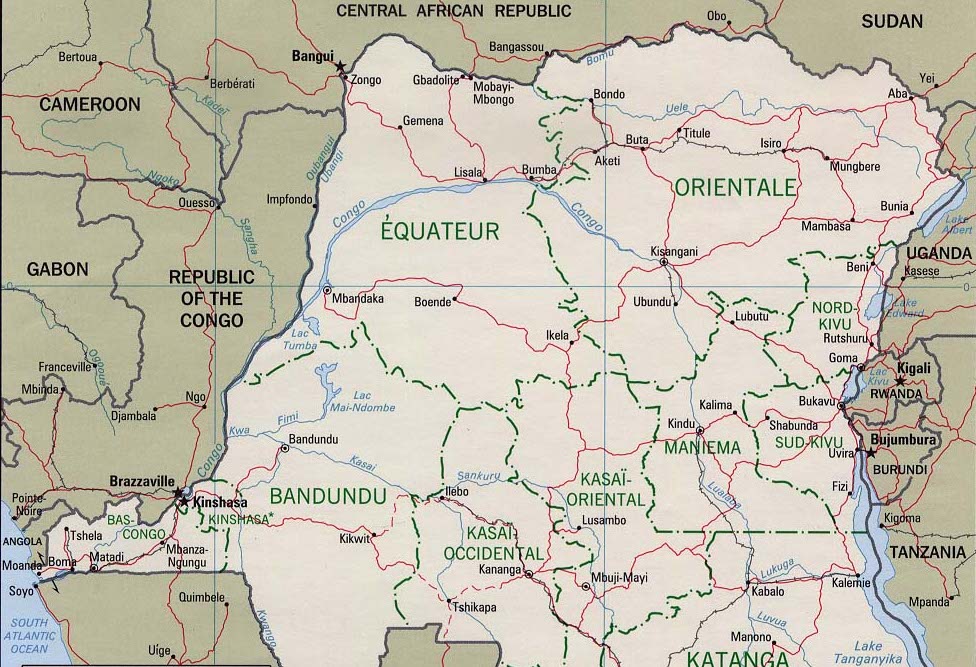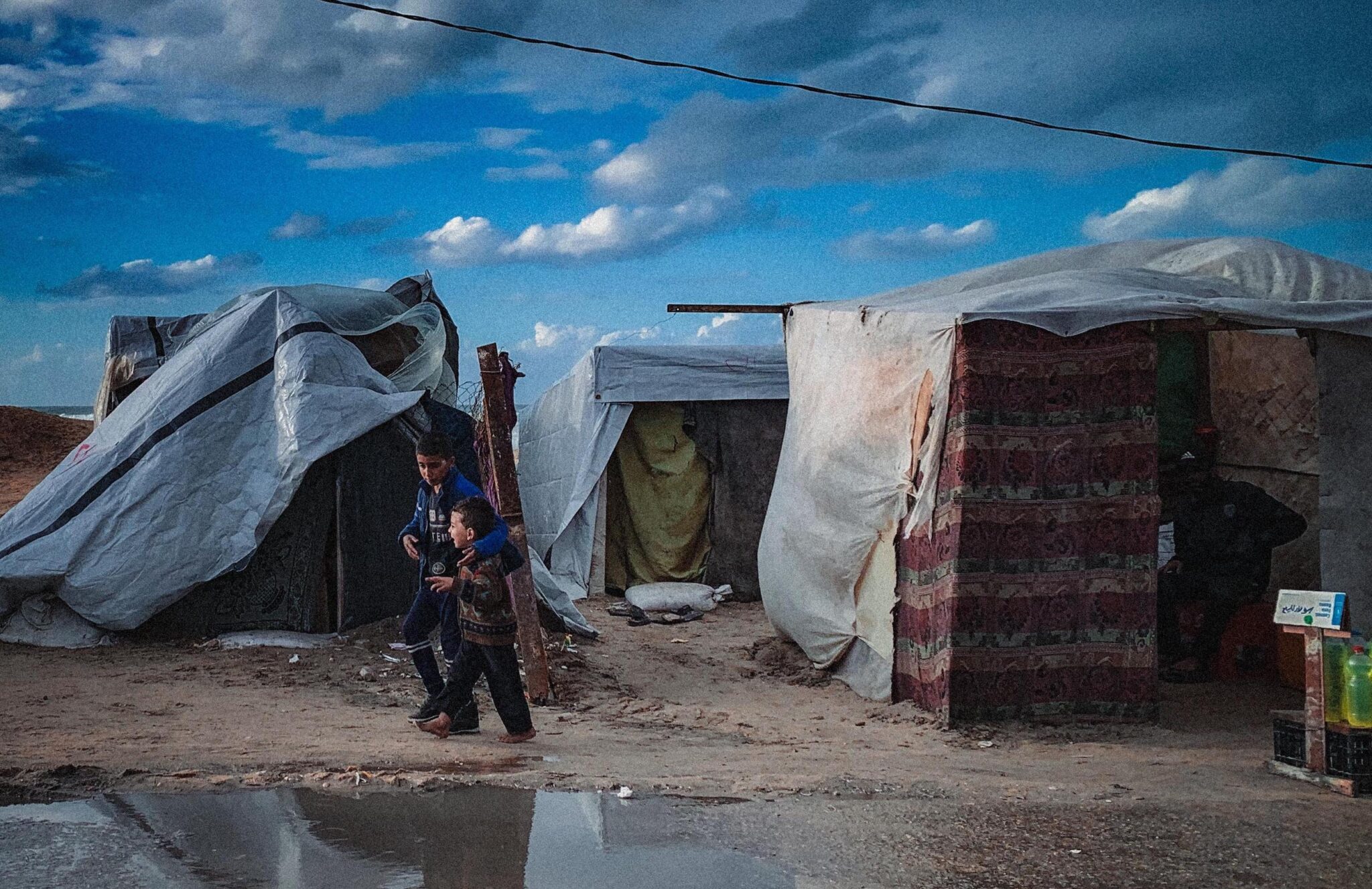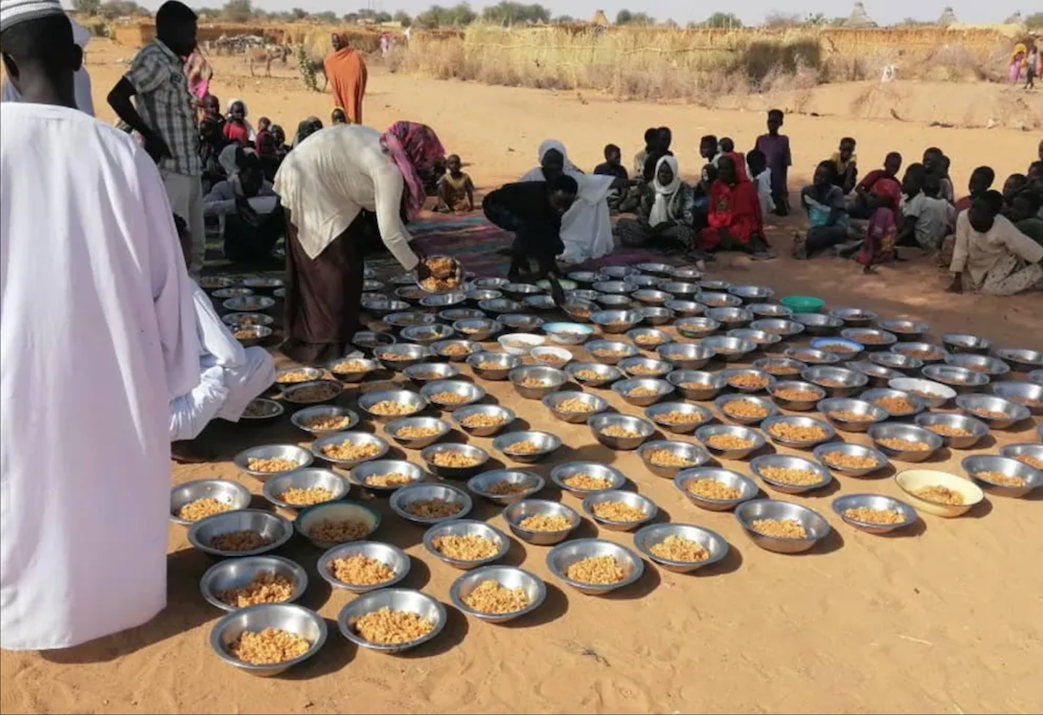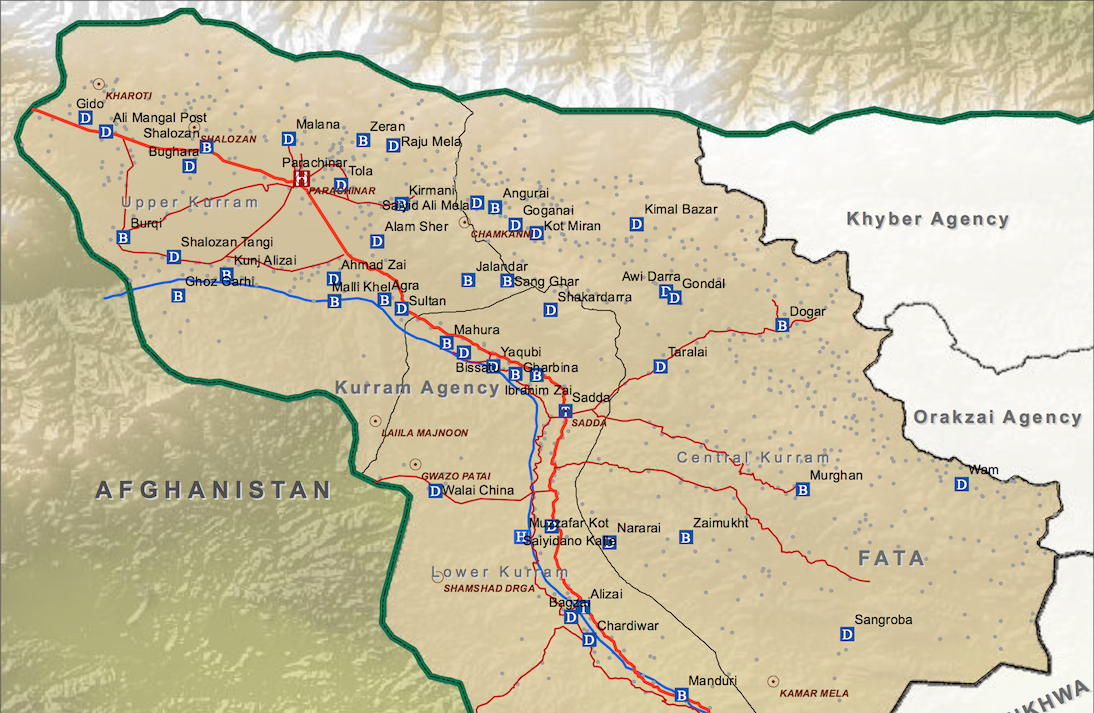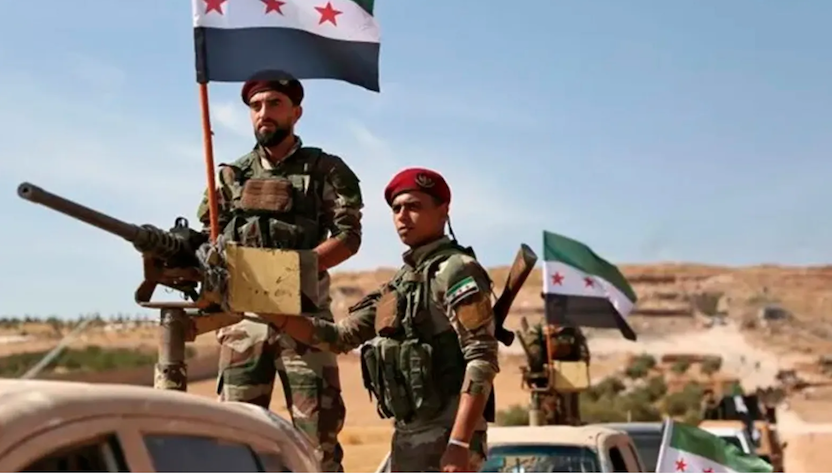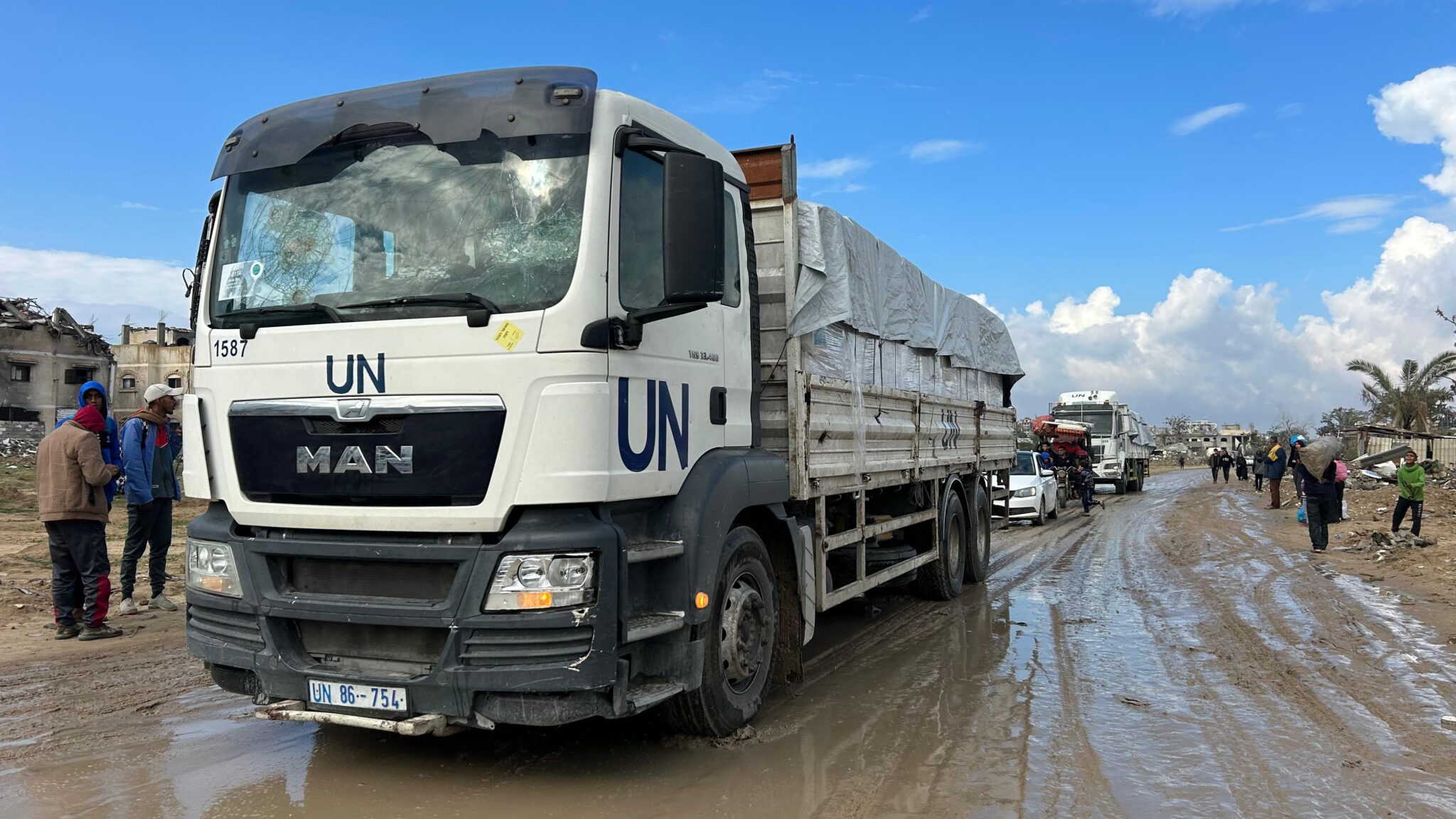
Israel blocks Gaza aid, ceasefire teeters
Israel is imposing a total blockade on aid entering the Gaza Strip, raising fears of a return to violence, and of a rapid further deterioration in the dire humanitarian situation in the devastated enclave. The move is intended to pressure Hamas to accept a temporary extension of the first phase of the three-stage ceasefire deal. The second phase was supposed to see Israel and Hamas hammer out a plan for Gaza’s post-war governance. But Israeli Prime Minister Benjamin Netanyahu has instead repeatedly expressed support for US President Trump’s widely condemned proposal to expel the 2.1 million Palestinian residents of Gaza and take control of the territory. Arab leaders meeting in Cairo endorsed a $53 billion reconstruction and post-war governance plan as a counter-proposal to Trump’s vision, but it was immediately rejected by the US and Israel. (Photo: Mohamed Soulaimane al-Astal/TNH)



